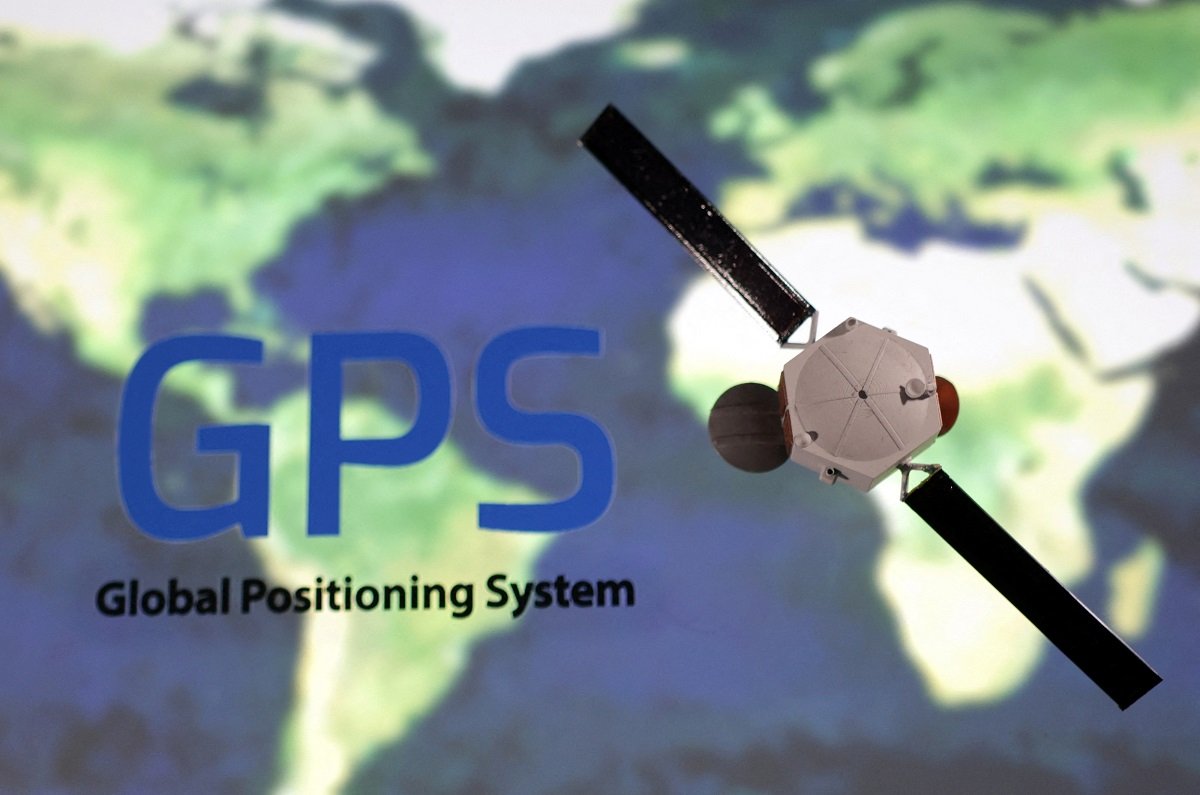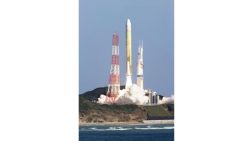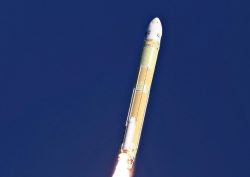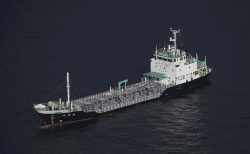Research Begins On Tech To Combat GPS Signal Falsification; Plans Include Development Of Radio Frequency Fingerprinting Database

GPS (Global Positioning System) logo and Satellite model placed on the map are seen in this illustration taken, September 25, 2022.
14:02 JST, July 4, 2024
The Acquisition, Technology and Logistics Agency (ATLA) and a Tokyo-based start-up have begun researching a new technology that will be able to detect when location information sent by the Global Positioning System and other systems has been falsified, The Yomiuri Shimbun has learned.
This information has a diverse range of uses including vehicle navigation and identity verification systems, so its falsification could trigger widespread disruption in society. This information also is used widely for national security purposes, such as missile guidance. To protect the accuracy of such information, the agency and LocationMind Inc. aim to put their new technology to both commercial and military use.
LocationMind, which was established by researchers from the University of Tokyo and analyzes positioning information, is researching this new dual-use technology. The ATLA will provide financial assistance of ¥576 million over four years, starting in fiscal 2023, through a security technology research promotion system framework that supports foundational research on consumer technologies that have potential future applications in defense technologies.
GPS and other satellite positioning systems send a signal to a ground-based receiver, and then measure the distance between the satellite and the receiver based on the difference between the times when the signal was transmitted and received. Using signals sent from at least four satellites enables a location on the ground to be calculated with a high level of precision.
However, an attacker can manipulate location information by creating and transmitting fake signals from the ground and making the attack target receive these fake signals. In some cases, attackers may falsify their own positioning information to conceal their true location.
The ATLA and LocationMind will research methods to combat this threat using their new technology. Even satellites constructed to the same specifications will have slight differences in their radio wave characteristics based on the conditions and period in which they were made. These differences are identifiable like a human fingerprint, so a database of this “radio frequency fingerprinting” will be created. By cross-checking transmitted signals with genuine signals recorded in the database, the technology can recognize fake signals and display correct positioning information.
According to one U.S. research institute, Russia is suspected to have been the origin of fake GPS signals detected in Ukraine, and cases have been confirmed in which positioning information was falsified for illegally-operating Chinese fishing vessels.
Japan is pushing ahead with efforts to use electronic signatures to counter attempts to tamper with such signals. However, it is difficult to detect when real location information signals received on the ground have then been copied and retransmitted from another position so that the recipient receives false information.
This method has not been seen much so far but could become common in the future. LocationMind says its new technology could detect such falsified signals, and this year the company will record a massive volume of positioning signal waveform data and start full-scale research into radio frequency fingerprinting.
Observers are concerned that interference with the positioning information used by guiding missiles and drones could negatively impact the nation’s security. The ATLA, which is eager to strengthen research into dual-use technologies, plans to launch a new “ATLA innovation and technology laboratory” this fall and will continue to provide support to LocationMind.
“We’ll quickly take steps to contribute to the nation’s defense and the long-term robustness of social infrastructure,” said Tomoaki Fujita, a director at LocationMind.
Top Articles in Science & Nature
-

Japan Institute to Use Domestic Commercial Optical Lattice Clock to Set Japan Standard Time
-

Space Mission Demonstrates Importance of International Cooperation, Astronaut Kimiya Yui Says
-

Japan to Face Shortfall of 3.39 Million Workers in AI, Robotics in 2040; Clerical Workers Seen to Be in Surplus
-

Record 700 Startups to Gather at SusHi Tech Tokyo in April; Event Will Center on Themes Like Artificial Intelligence and Robotics
JN ACCESS RANKING
-

Japan Institute to Use Domestic Commercial Optical Lattice Clock to Set Japan Standard Time
-

Israeli Ambassador to Japan Speaks about Japan’s Role in the Reconstruction of Gaza
-

Man Infected with Measles May Have Come in Contact with Many People in Tokyo, Went to Store, Restaurant Around When Symptoms Emerged
-

Prudential Life Insurance Plans to Fully Compensate for Damages Caused by Fraudulent Actions Without Waiting for Third-Party Committee Review
-

Woman with Measles Visited Hospital in Tokyo Multiple Times Before Being Diagnosed with Disease
























